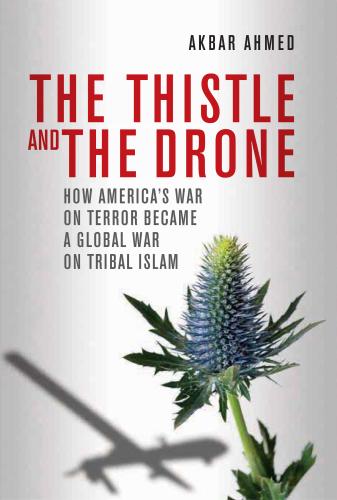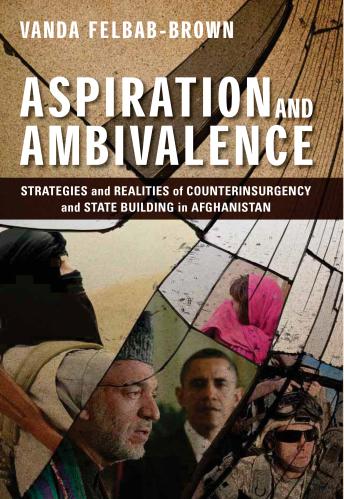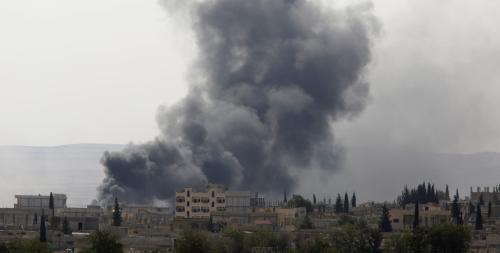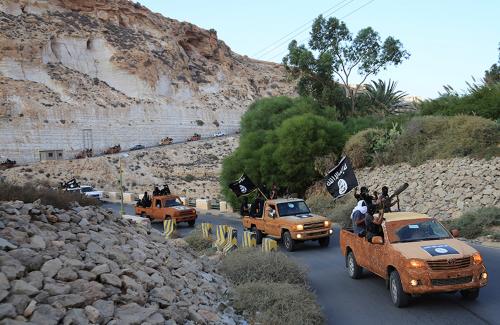The news of Dabiq’s fall would be unremarkable—the final battle lasted hours and the casualties were low—but for the fact that ISIS spent the last two years proclaiming the town to be the site of an End-of-Days showdown with the infidels. This isn’t quite what the group had in mind, writes Will McCants. This post originally appeared on Jihadica on Sunday, October 16.
Today, Turkish-backed rebels took another small town in their relentless march to secure northern Syria from ISIS and the Kurds. The news of Dabiq’s fall would be unremarkable—the final battle lasted hours and the casualties were low—but for the fact that ISIS spent the last two years proclaiming the town to be the site of an End-of-Days showdown with the infidels. This isn’t quite what the group had in mind.
ISIS’ spirit animal, Abu Musab al-Zarqawi, first signaled the importance of Dabiq a decade ago when he cited an ancient Islamic prophecy about a meadow outside the town. There, Muslims would fight a “great battle” against the infidels (a separate prophecy says they would number 80 nations, each ten thousand strong). Although two-thirds of the Muslims would flee or die, the remainder would go on to conquer the eastern Roman capital of Constantinople. Zarqawi proclaimed that the fire he had ignited in Iraq would blaze a trail to the apocalyptic showdown in Dabiq.
As I document in my book, the Islamic State did not emphasize the Dabiq prophecy until 2014 when it began to gobble up territory in northern Syria. In April, the ISIS spokesman listed the town among others that were promised to fall to the Muslims’ End-Times armies. In July, ISIS released its first English-language magazine, which it named Dabiqafter the town. A few weeks later, the group captured the town itself.
ISIS propaganda immediately began daring its enemies to take the town. In October 2014, it released a video of European jihadists quoting the prophecy from a hilltop overlooking the town. “We are waiting for you in Dabiq,” challenged Abu Abdullah from Britain. “Try, try to come and we will kill every single soldier.”
After the United States and its allies began bombing ISIS in August, its followers on Twitter were sure the prophesied battle was upon them. “Thirty states remain to complete the number of 80 [nations] that will gather in Dabiq and begin the battle,” tweeted one. In November, ISIS’ executioner, Mohammed Emwazi, beheaded Peter Kassig in Dabiq, saying, “Here we are, burying the first American Crusader in Dabiq, eagerly waiting for the remainder of your armies to arrive.”
But by the spring of 2015, the group’s confidence began to soften under the coalition’s relentless aerial assault. Issue 8 of Dabiq magazine floated the idea that the fulfillment of the prophecy would be delayed if the coalition didn’t invade and fight the group in Dabiq. Instead, another prophecy about the Romans making and breaking a truce with the Muslims might be operative.
Still, as late as May 2015, ISIS’ leader Abu Bakr al-Baghdadi assured his followers that the final battles of the apocalypse were upon them. They could not help but be victorious because prophesy had so decreed.
When the Turkish-held noose tightened around Dabiq over the past few weeks, ISIS’ followers began to frantically explain why the approaching showdown in Dabiq would not be the showdown. Well, the expected Mahdi, a messiah figure, had not yet appeared to lead the battle. Or the required 80-nation coalition had not rolled into town. In the past few days, ISIS’ own newsletter tried to downplay the significance of the town’s coming fall. The “great battle” will come to pass because God has promised it would; but this isn’t that battle because all the other preceding prophecies haven’t come to pass. Never mind that ISIS neglected to mention those other prophecies in its earlier hyping of Dabiq. Days later, the town fell with little resistance.
It’s easy to conclude that ISIS’ leaders cited the prophesy cynically. They played it up when it was to their advantaged and downplayed it when it was not. That may be the case, as I wrote in my book. But another theory I offered is that ISIS, like other apocalyptic groups, changes its understanding of prophecy’s fulfillment based on circumstances. We won’t know for sure which interpretation is right until we hear high-level defectors or discover internal documents bearing on the matter.
Regardless, the current spin offered by ISIS and its followers is further evidence that things aren’t going so well for the group. Gone is the proud boasting that accompanied the early citations of the prophecy in 2014. Now its fulfillment is a distant hope to sustain the weary during constant setbacks, much the same tone Zarqawi used when he first cited it. With the fall of the prophesied caliphate on the horizon, expect more of the same spin soon.
The Brookings Institution is committed to quality, independence, and impact.
We are supported by a diverse array of funders. In line with our values and policies, each Brookings publication represents the sole views of its author(s).











Commentary
Apocalypse delayed
October 17, 2016